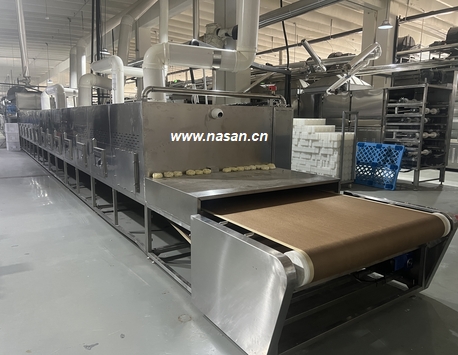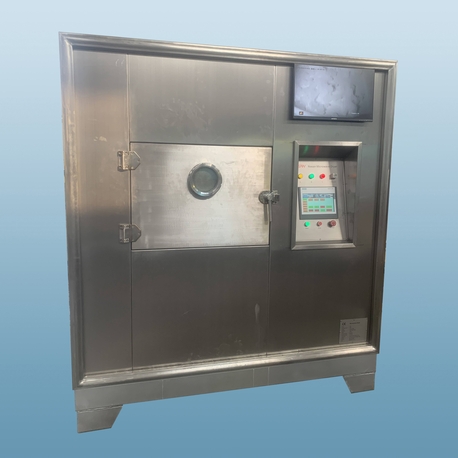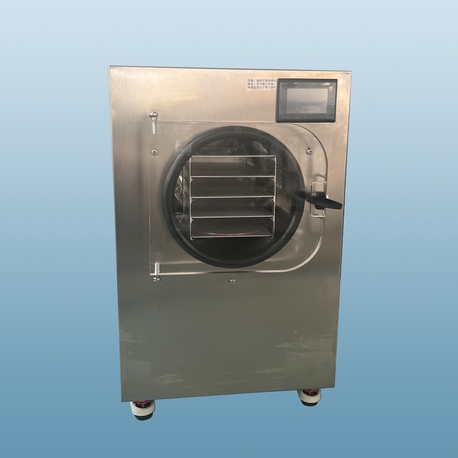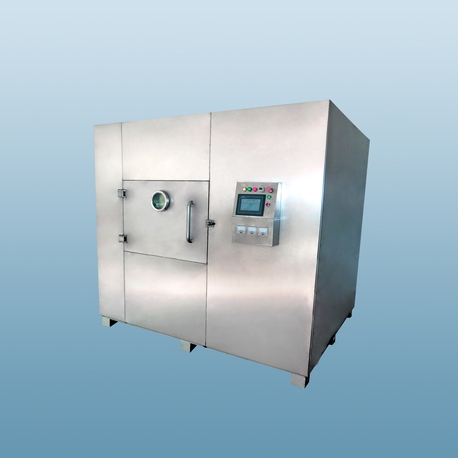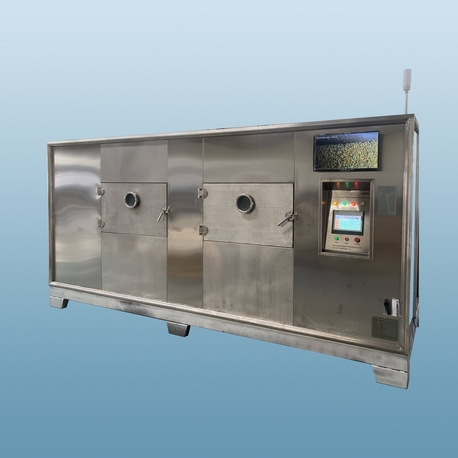When it comes to post-harvest management, a corn dryer is an indispensable piece of equipment for farmers and agribusinesses. Proper drying ensures that corn reaches the optimal moisture content for storage, processing, and marketability. In this article, we will explore the world of commercial grain drying, focusing on key aspects such as commercial grain dryer systems, the benefits of a large capacity corn dryer, how to choose a reliable grain dryer supplier, and best practices for how to dry corn commercially. Additionally, we will address common problems faced during the drying process and provide practical solutions. Whether you are a small-scale farmer or a large agricultural enterprise, this guide will help you make informed decisions to enhance efficiency and profitability.
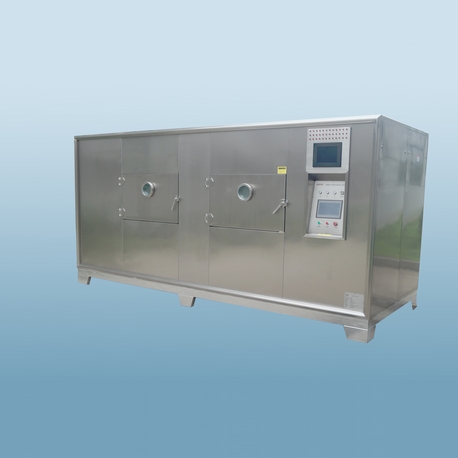
Introduction to Corn Dryers
A corn dryer is a specialized machine designed to reduce the moisture content of corn after harvest. Freshly harvested corn typically contains between 20% to 30% moisture, which must be lowered to around 13% to 15% to prevent spoilage, mold growth, and insect infestation during storage. The use of a corn dryer is crucial in regions with high humidity or unpredictable weather, where natural air drying is insufficient. Modern corn dryer systems range from simple batch dryers to advanced continuous-flow models, catering to various scales of operation. The evolution of corn dryer technology has significantly improved drying efficiency, energy consumption, and grain quality. In this section, we will discuss the basic principles of corn drying and why investing in a reliable corn dryer is essential for any grain operation. Understanding the fundamentals will set the stage for deeper insights into commercial applications.
The importance of a corn dryer cannot be overstated. Without proper drying, corn can suffer from quality degradation, leading to financial losses. A well-designed corn dryer not only preserves grain quality but also allows for timely market access, as dried corn can be stored for extended periods. Moreover, with the growing demand for corn in industries such as food, feed, and biofuel, efficient drying systems have become a cornerstone of agricultural success. As we delve into the specifics of commercial grain dryer options, keep in mind that the right corn dryer can make a significant difference in your operation's productivity.
What is a Commercial Grain Dryer?
A commercial grain dryer is a heavy-duty version of a standard corn dryer, designed for large-scale operations such as grain elevators, cooperatives, and industrial farms. Unlike small on-farm dryers, a commercial grain dryer handles high volumes of grain quickly and efficiently, often processing hundreds of bushels per hour. These systems are engineered for durability, energy efficiency, and consistent performance, making them ideal for businesses that deal with massive quantities of corn. The term commercial grain dryer encompasses various types, including tower dryers, rotary dryers, and mixed-flow dryers, each with unique advantages. For instance, tower dryers are popular for their space-saving vertical design, while mixed-flow dryers offer uniform drying by alternating hot air flow directions.
When considering a commercial grain dryer, it's important to evaluate factors such as drying capacity, fuel type (e.g., natural gas, propane, or electricity), and automation features. Many modern commercial grain dryer models come with programmable logic controllers (PLCs) that monitor moisture levels and adjust temperatures automatically, reducing the risk of over-drying or under-drying. This level of precision is crucial for maintaining grain quality and minimizing energy costs. Additionally, a commercial grain dryer often includes safety features like temperature sensors and fire suppression systems to prevent accidents. As part of the broader corn dryer market, commercial grain dryer systems represent a significant investment, but their ROI is justified through enhanced throughput and reduced losses. In the next section, we will examine the specific benefits of a large capacity corn dryer, which is a subset of commercial dryers tailored for extreme volumes.
The Advantages of Large Capacity Corn Dryers
A large capacity corn dryer is designed for operations that process thousands of bushels of corn daily, such as large farms or grain terminals. The primary advantage of a large capacity corn dryer is its ability to handle peak harvest loads without bottlenecks, ensuring that corn is dried promptly to avoid spoilage. These dryers typically feature high airflow rates and advanced heat exchange systems, which reduce drying time and energy consumption per bushel. For example, a large capacity corn dryer might dry corn from 25% to 15% moisture in just a few hours, whereas smaller dryers could take days. This speed is critical during harvest season when time is of the essence.
Another benefit of a large capacity corn dryer is its scalability. Many models allow for modular expansions, so businesses can start with a base unit and add capacity as their operations grow. This flexibility makes a large capacity corn dryer a future-proof investment. Moreover, these dryers often incorporate energy-saving technologies, such as heat recovery systems, which reuse waste heat to pre-wet incoming grain. This not only lowers fuel costs but also reduces the carbon footprint of the drying process. When integrated with a comprehensive grain handling system, a large capacity corn dryer can automate the entire post-harvest workflow, from receiving to storage. However, selecting the right large capacity corn dryer requires careful planning. Factors like available space, power supply, and local regulations must be considered. Consulting a reputable grain dryer supplier can help in choosing a model that matches your specific needs. In the following section, we will outline the steps for how to dry corn commercially, highlighting best practices that maximize the efficiency of your corn dryer.
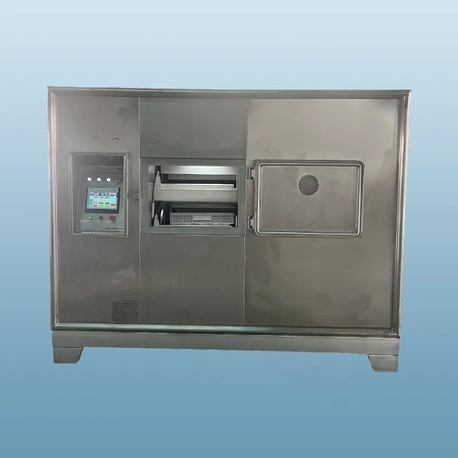
How to Dry Corn Commercially: A Step-by-Step Guide
Understanding how to dry corn commercially is essential for achieving optimal results with your corn dryer. The process involves several key steps, from harvest to storage, and requires attention to detail to preserve grain quality. Here is a comprehensive guide on how to dry corn commercially:
Harvesting at the Right Time: Corn should be harvested when the moisture content is between 20% and 25%. Harvesting too early or too late can affect drying efficiency and grain quality. Use a moisture meter to check levels before combining.
Pre-Cleaning the Grain: Before drying, remove debris, such as husks and broken kernels, using a pre-cleaner. This step prevents blockages in the corn dryer and ensures uniform drying.
Loading the Dryer: Transfer the corn to the commercial grain dryer using conveyors or augers. For batch dryers, load evenly to avoid hot spots. For continuous dryers, maintain a consistent feed rate.
Setting Drying Parameters: Adjust the corn dryer settings based on the initial moisture content and desired output. Typical drying temperatures range from 100°F to 200°F (38°C to 93°C). Higher temperatures speed up drying but risk damaging the grain if not controlled. Modern commercial grain dryer units automate this process, but manual monitoring is advised.
Monitoring the Drying Process: Regularly sample the corn during drying to check moisture levels. The goal is to reach 13% to 15% moisture. Over-drying can lead to brittleness and weight loss, while under-drying promotes mold.
Cooling the Grain: After drying, cool the corn to ambient temperature using the dryer's cooling cycle or a separate cooler. This step prevents condensation during storage.
Storage and Handling: Store the dried corn in silos or bins with aeration systems to maintain quality. Proper storage complements the corn dryer efforts by preventing reabsorption of moisture.
Best practices for how to dry corn commercially also include regular maintenance of the corn dryer and training for operators. Energy management is another critical aspect; using variable speed drives on fans and optimizing heat sources can reduce costs. By following these steps, you can ensure that your commercial grain dryer operates efficiently, yielding high-quality corn that meets market standards. Next, we will discuss how to select a trustworthy grain dryer supplier, which is vital for acquiring a reliable corn dryer.
Selecting a Reliable Grain Dryer Supplier
Choosing the right grain dryer supplier is a critical decision that impacts the performance and longevity of your corn dryer. A reputable grain dryer supplier not only provides quality equipment but also offers support services such as installation, maintenance, and spare parts. When evaluating a grain dryer supplier, consider the following factors:
Experience and Reputation: Look for suppliers with a proven track record in the industry. Check customer reviews, case studies, and references. A supplier with years of experience is likely to offer durable commercial grain dryer models that have been tested in real-world conditions.
Product Range: A good grain dryer supplier should offer a variety of dryers, including large capacity corn dryer options, to suit different needs. Ask about customization possibilities, as your operation may require specific features.
Technical Support: Ensure the supplier provides comprehensive after-sales service, including training, troubleshooting, and repair services. Quick response times are essential to minimize downtime during critical harvest periods.
Warranty and Parts Availability: Check the warranty terms for the corn dryer and the availability of spare parts. A reliable grain dryer supplier will have a well-stocked inventory of components to avoid delays in repairs.
Energy Efficiency and Compliance: Inquire about the energy efficiency of their dryers and whether they comply with local environmental regulations. A supplier that prioritizes sustainability can help you reduce operating costs and meet regulatory requirements.
Cost and Financing: While price is important, it should not be the sole deciding factor. Compare quotes from multiple suppliers, but also consider the total cost of ownership, including maintenance and energy consumption. Some grain dryer supplier companies offer financing options to ease the investment burden.
By partnering with a trustworthy grain dryer supplier, you can ensure that your commercial grain dryer is installed correctly and operates smoothly. This partnership is especially important for large capacity corn dryer systems, which involve complex installations. Once you have selected a supplier, it's crucial to be aware of potential issues that may arise. In the next section, we will cover common problems with corn dryer systems and how to address them.
Common Challenges and Problems with Corn Dryers
Despite their efficiency, corn dryer systems can encounter various problems that affect performance. Understanding these common issues and their solutions is key to maintaining productivity. Here are some frequent challenges associated with commercial grain dryer operations:
Uneven Drying: This occurs when some corn kernels are over-dried while others remain wet. Causes include improper loading, clogged air ducts, or fan malfunctions. To fix this, ensure even distribution of grain in the dryer, clean air pathways regularly, and check fan speeds. Modern corn dryer models with automated controls can mitigate this issue.
High Energy Consumption: Drying corn is energy-intensive, leading to high fuel or electricity costs. This problem is common in older commercial grain dryer units. Solutions include upgrading to energy-efficient models, using heat recovery systems, or optimizing drying schedules to off-peak hours. Regular maintenance of burners and insulation also helps.
Grain Damage: Over-heating can cause stress cracks or scorching, reducing corn quality. This often results from incorrect temperature settings or prolonged drying times. Calibrate sensors frequently and follow recommended temperature guidelines for your corn dryer. Using moisture sensors can prevent over-drying.
Mechanical Failures: Components like belts, bearings, or heaters can wear out over time, leading to breakdowns. Preventive maintenance is crucial—lubricate moving parts, inspect electrical systems, and replace worn components promptly. A reliable grain dryer supplier can provide maintenance schedules and parts.
Fire Hazards: Dust accumulation or overheated elements can cause fires in a corn dryer. Install dust collection systems, clean the dryer regularly, and use fire suppression equipment. Operator training on safety protocols is essential.
Moisture Inaccuracy: If moisture readings are off, it can lead to improper drying. Calibrate moisture meters before each season and use redundant sensors for accuracy. This is vital for achieving the target moisture levels in how to dry corn commercially.
Environmental Compliance: Emissions from commercial grain dryer systems may be subject to regulations. Work with your grain dryer supplier to ensure compliance and consider upgrades to meet standards.
Addressing these problems proactively can extend the life of your corn dryer and improve efficiency. Regular audits and staff training are recommended. In conclusion, investing in a quality corn dryer and maintaining it well will pay dividends in the long run.
In summary, a corn dryer is a vital asset for modern agriculture, enabling efficient post-harvest processing of corn. From understanding the basics of a commercial grain dryer to appreciating the benefits of a large capacity corn dryer, this guide has covered essential aspects for successful commercial drying. We've also outlined best practices for how to dry corn commercially and emphasized the importance of selecting a reputable grain dryer supplier. Additionally, by being aware of common problems and their solutions, operators can minimize downtime and maximize output. As technology advances, corn dryer systems are becoming smarter and more sustainable, offering opportunities for increased profitability. Whether you're upgrading an existing system or purchasing your first commercial grain dryer, this knowledge will help you make informed decisions. Remember, a well-chosen and maintained corn dryer is key to preserving grain quality and ensuring agricultural success.



